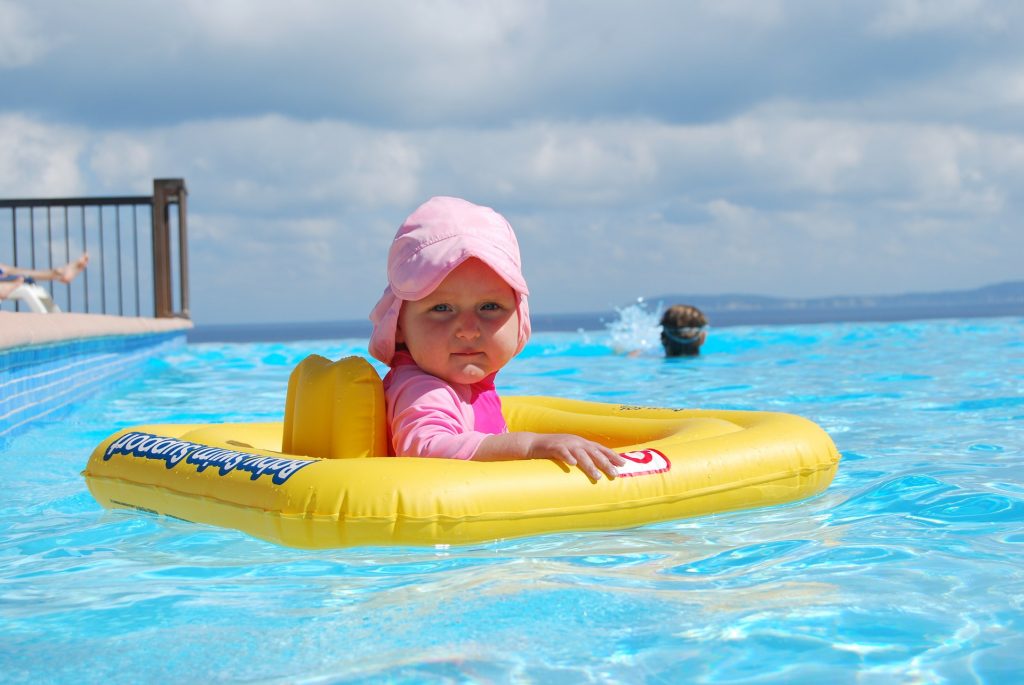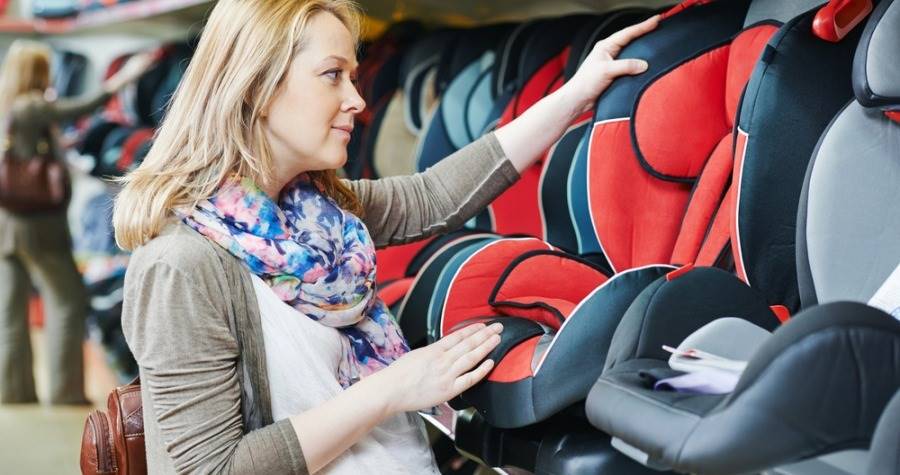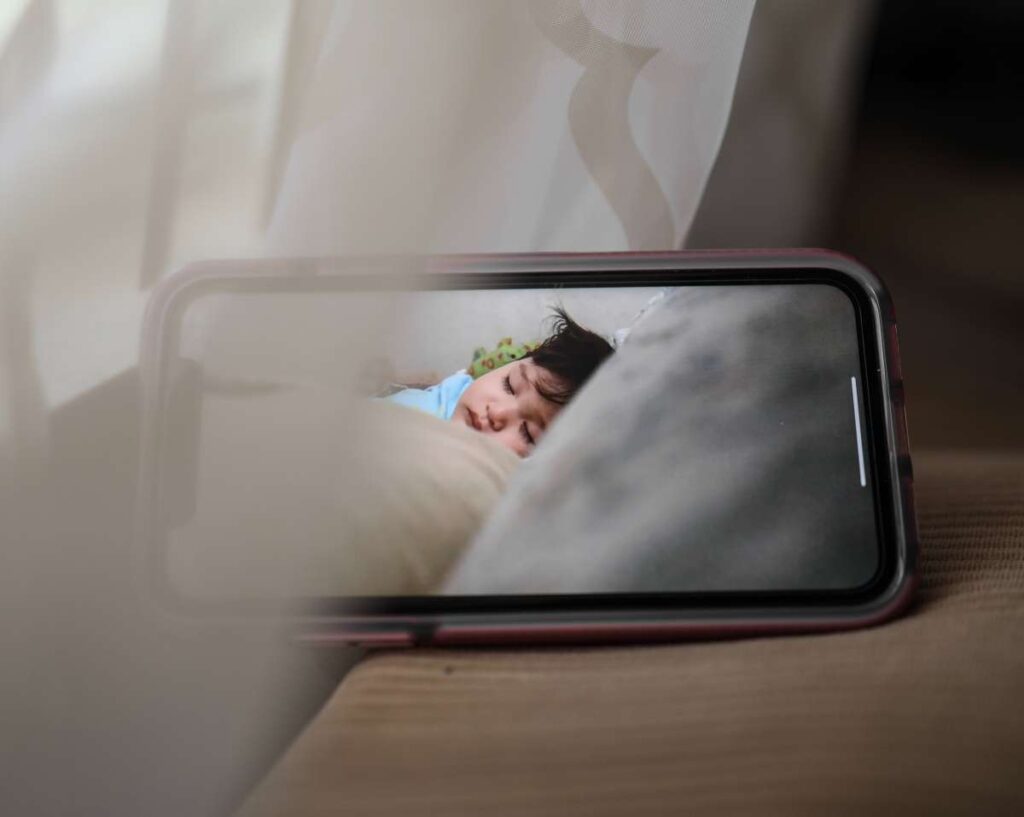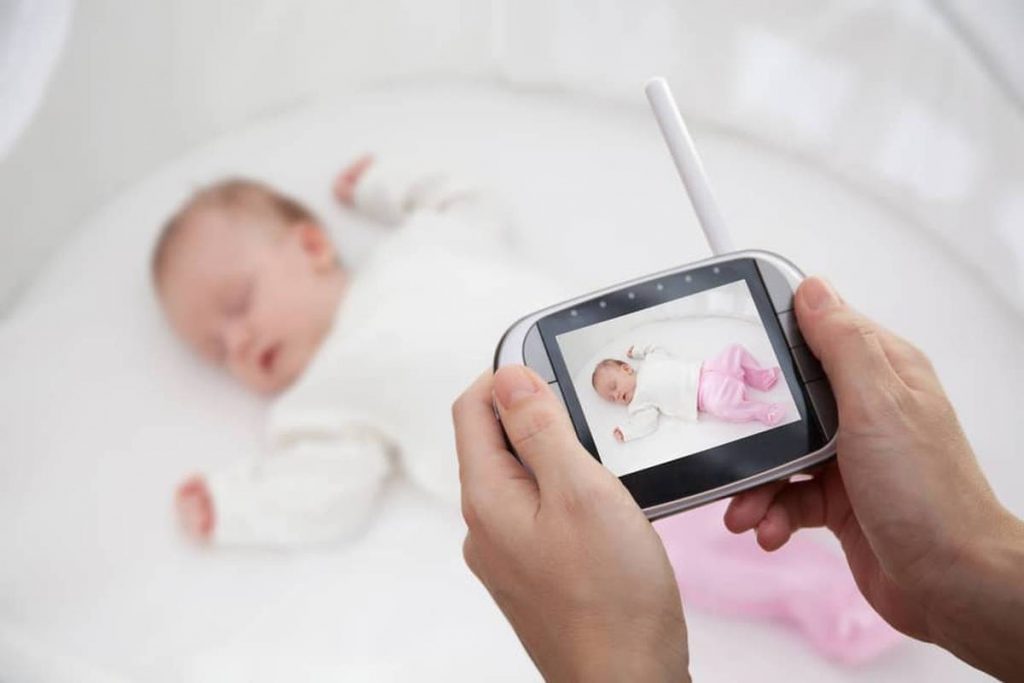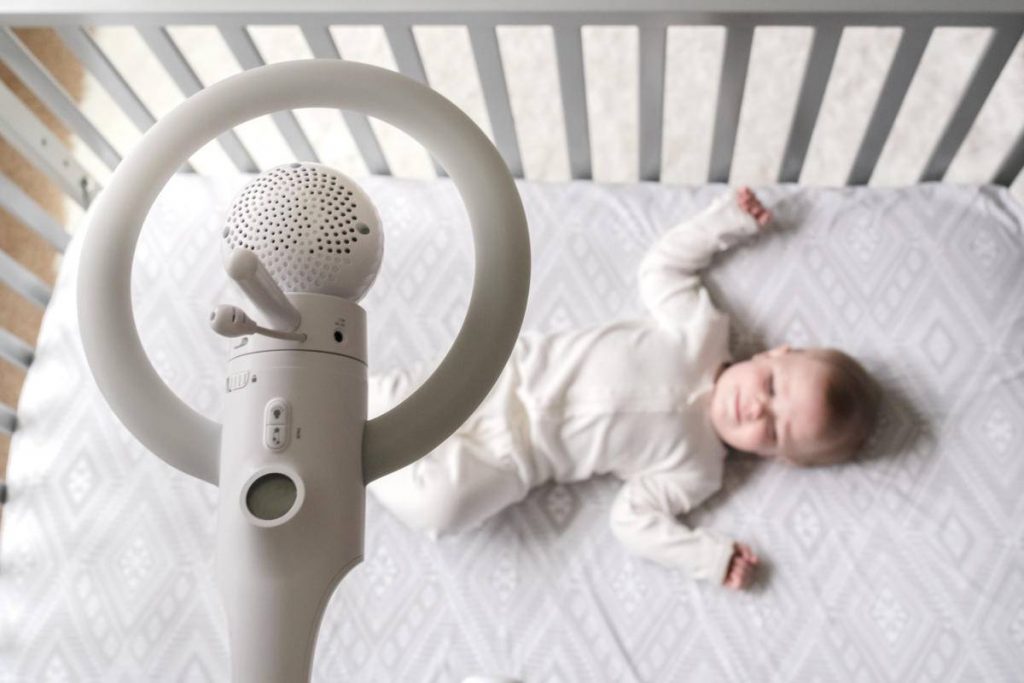Mr. Golden Sun is shining, and you're wondering if your infant will enjoy a refreshing dip in the pool.
However, first things must be accomplished! If you're thinking of letting your kid out for a swim, there are a few things you should know and do to get ready. Keep reading to find out what risks your infant can face in the water and what you can do to ensure his or her safety while you enjoy yourself.
There are probably a lot of concerns and questions concerning chlorine and babies if you have one who is itching to go swimming. When can We start putting the newborn into a swimming pool? Is it okay to submerge a baby? But one that keeps coming up is whether or not chlorine is safe for infants. If you've spent much of your life in or around swimming pools, you're well aware of the harmful effects of chlorine. It's natural to worry about whether or not your newborn is in danger from the chemicals in the water that cause green hair and skin dryness. Several concerns must be resolved before moving forwards.
On a steamy summer day, few things beat cooling down at the neighbourhood pool. While your older kids are probably going to swim till their fingers look like prunes, you might be concerned about the safety of the pool water for your newborn.
Check out My Baby Nursery for all your baby product needs.
The Chlorine Conundrum
The odious pathogen killer chlorine is still the most prefered choice despite the availability of less severe alternatives.
However, a study published in the Journal of the American Academy of Pediatrics found that in addition to being unpleasant to the nose, chlorine also irritates the skin and upper respiratory tract of infants, increasing their risk of developing rashes, asthma, bronchiolitis, and other respiratory infections.
Why? Infants prefer to swallow water while swimming, that can contain irritants and puts them at risk for respiratory infections as their lungs are still developing.
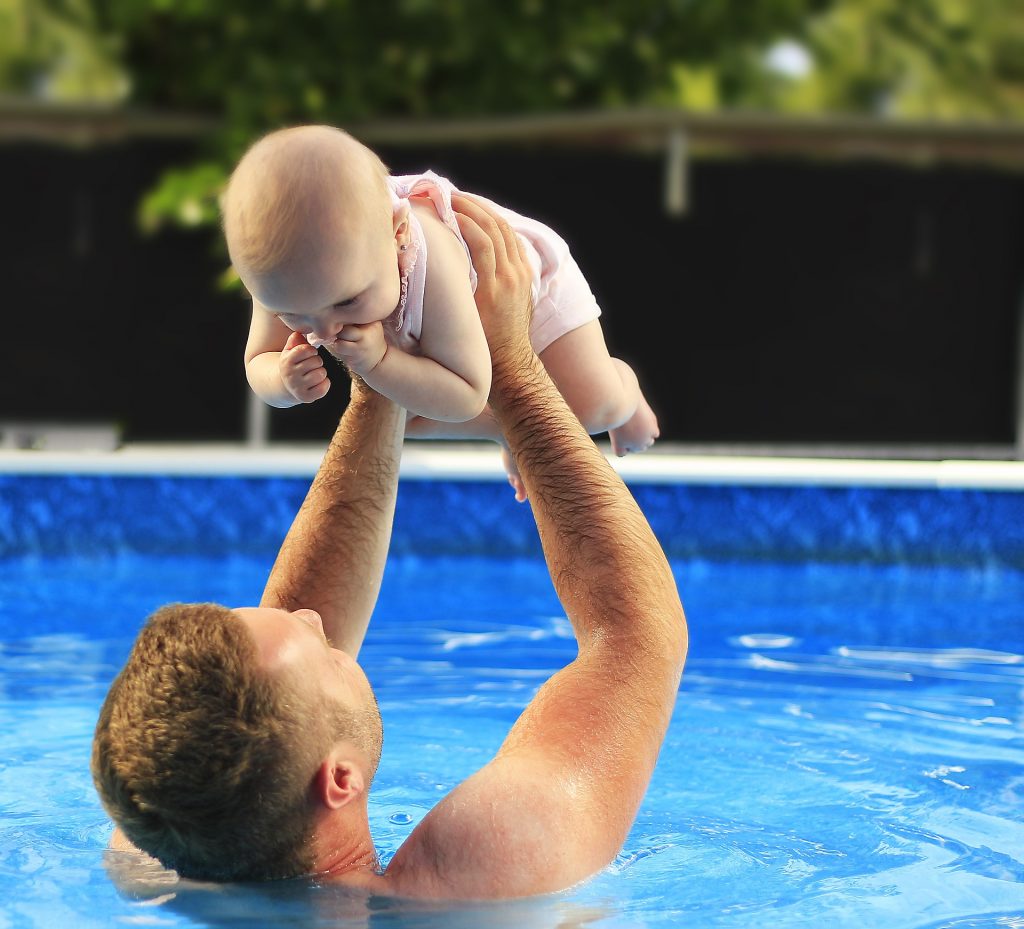
Is Swimming Indoors Safe For My 5-Month-Old?
An increased risk of airway irritation has been linked to newborn swimming in chlorinated pools. However, at this time, there isn't enough evidence connecting infant swimming with asthma to warrant preventing healthy infants from using indoor pools.
Chlorine, a common disinfectant used to keep pools clean, is thought by researchers to form byproducts in the water and air that could be harmful to an infant's lungs and increase the chance of developing asthma. These byproducts are more prevalent in enclosed pools than in open air ones. Because their lungs are still maturing, infants may be at a higher risk because they frequently ingest irritant-laden water while swimming.
However, studies investigating the connection between newborn swimming and asthma have yielded contradictory results, so more investigation is required.
If you want to take your infant swimming indoors and you're worried about their asthma, look for a facility with good ventilation. When the pool area gets full, the staff should open the doors and windows and turn on the fans to increase the airflow over the water. Put on a swim cap and be sure to check your baby's diaper frequently, as well as rinsing off in the shower before and after a dip in the pool. As a result, less irritating chemicals will be produced in the environment.
How Does Chlorine Work In Swimming Pool Cleaning?
Chlorine is a common chemical used to sanitise swimming pools and prevent the growth of germs and other potentially harmful organisms. Bacteria are rendered harmless by chlorination because of a chemical reaction that oxidises their cellular structure. Chlorine and pH levels in swimming pools are constantly monitored and maintained by staff and specialised pumps. This makes for the most comfortable and satisfying swim possible. This plan appears to be risk-free. And it's generally safe for kids and grownups alike. Is there any cause for concern? Although this method does a good job of cleaning and disinfecting the water, it can have some undesirable side effects that are worth bearing in mind. Exposure over extended periods of time may increase the risk of these negative effects.
Looking for baby nursery storage solutions. Check out the range at My Baby Nursery.
What Are Trihalomethanes?
The free-acting chlorine in the pool creates trihalomethanes and chloramines when it reacts with bacteria and other organic matter, including human waste products like perspiration, faeces, and dead skin cells. These trihalomethanes are gaseous and float on the surface of the pool water, irritating the eyes and nose. These are also the primary contributors to the familiar "chlorine smell" associated with indoor swimming pools. Although it's impossible to totally avoid, swimming pools with overpowering chlorine odours are best avoided. Water is frequently balanced in large public pools, municipal pools, and other reliable areas. This is a risk you should be aware of while using less well-known or less-used facilities.
Why Does My Skin Feel Itchy When I Get Out Of The Pool?
Then, might those pesky chloramines have a role in causing skin itchiness and watery eyes? Yes, these can produce allergy symptoms including watery eyes, dry skin, and sneezing. The water's pH levels may also be to blame. The pH of the pool water should be close to that of human eyes and skin for maximum comfort. Swimmers' problems with dry, itchy skin are usually caused by an imbalance between the pool's pH and chlorine levels.
Safety Tips For Infant Pools
Waterproofing baby pools There are a few things to keep in mind before exposing your child to a swimming pool or the outdoors for the first time, the most important of which is sunscreen. A baby less than six months should not spend extended time outside in direct sunlight. Because of how delicate their skin is. Children under six months of age should not be exposed to the sun for extended periods of time, and sunscreen should not be used on them. They are more likely to absorb the sunscreen's ingredients since their skin has a larger surface area in relation to their weight.
And as you've already noticed, infants have a habit of putting their hands in their mouths, which means that despite your best attempts, they're probably going to end up eating at least some of the sunscreen. Avoid taking your infant out in the sun between 10 a.m. and 2 p.m., when the sun is at its strongest, and protect him or her from the rays by wearing a helmet and UV-resistant clothing. Baby should be kept in the shade as much as possible. When your child reaches six months old and your paediatrician gives you the green light to cover him or her in sunscreen, you may want to look into baby sunscreen, which is specially made to be gentler on a newborn's delicate skin.
Pool Chemicals
You surely know that there are a lot of chemicals needed to disinfect the pool and prevent the growth of bacteria, algae, and other undesirables if you perform your own pool maintenance or hire someone to do it for you. There are a wide variety of chemicals here, not simply chlorine. Stronger substances like acid can be included on the list. Checking the pool's chlorine, acidity, pH, and other levels is essential. Low levels can cause the growth of germs and algae in the pool, which can be harmful to swimmers' health, especially young children. Infants and adults alike are susceptible to skin irritation if concentrations are too high. Saltwater pools are ideal for accommodating babies with delicate skin. In a similar vein, watch out that infants don't drink too much pool water. If you bring your kid somewhere and notice a strong chlorine odour, you may want to reconsider going in.
Body Temperature
The water's temperature is another factor to think about when swimming with young children. Temperature control is more difficult for infants than it is for adults or even older toddlers. As was noted before, infants are more susceptible to temperature changes since their skin covers a considerably larger percentage of their body than an adult's does. Their body temperature is more prone to swings. Before letting young kids jump right in, be sure the water's temperature is appropriate. The optimal pool temperature is between 85 & 87 degrees Fahrenheit. If your infant appears uncomfortable or begins to shiver, it is time to leave. Babies, who are equally susceptible to heat stress, should never be submerged in water temperatures above 86 degrees Fahrenheit, such as those seen in swimming pools and hot tubs.
Swim Diapers
When Is It Safe for Babies to Start Swimming? Swimming diapers are adorable, no doubt about it. Furthermore, they are crucial to the process of swimming with your infant in a secure and safe manner. Not only do regular diapers put a strain on the pool's filtration system, but they also swell up when wet and eventually fall apart. They are also less reliable in halting the spread of faecal bacteria into swimming pool water. One more reason to keep your infant away from the pool is the risk of recreational water disease. There have been occurrences in the Phoenix region where pool water has caused severe illness and even death in young children due to bacterial infections. Everyone should immediately leave the pool if there is any suspicion that faeces has contaminated the water. After getting rid of the evidence, the CDC suggests increasing the chlorine levels in the pool and taking additional precautions.
Check out our post on Is it good for babies to swim?
Water Safety
The use of water wings, floaties, and other flotation devices is great because it gives children a measure of freedom in a risk-free environment. Babies can have a lot of pleasure in the water because of the floating feeling and the enhanced freedom of movement. However, you should always keep them within reaching distance. Everything can shift in the blink of an eye. Don't go swimming in the deep end; instead, stick to the shallow end or another part of the pool in which you can easily reach the floor. Despite the fact that the foregoing suggestions may seem daunting, especially to new parents, you can be confident that you and your infant will be able to enjoy the pool this summer.
You should never leave your newborn or any other young child unattended in or around a swimming pool. Among children aged 1 to 4, drowning is the leading cause of accidental death (reliable source), with those between the ages of 12 and 36 months being at the greatest danger.
A toddler can drown in as little as an inch of water in a matter of seconds. Moreover, there is no sound.
When your infant is near the pool, you should never be more than an arm's length away from him or her. Touch monitoring is recommended by the American Academy of Pediatrics (AAP). Meaning you should keep your infant close to the water at all times so you can reach out and touch them quickly. However exhausting it may seem, remember that nothing compares to the significance of what you're doing right now.
Minimize the amount of times you have to bring your slippery little swimmer in and out of the pool by keeping your towels, phone, and any other stuff you might desire within arm's reach.
The American Academy of Pediatrics suggests installing 4-foot-high walls around the pool with childproof, locking gates and maintaining continual, attentive supervision. Make sure the gate to your pool works and locks correctly by inspecting it regularly.
Although water wings, floaties, and other similar inflatable toys might be entertaining, they should not be relied upon to deter your child from wandering into deeper water. It's important to wear a Coast Guard-approved life jacket instead of the loose arm floaties we used to play with as kids.
It's important to keep your baby within arm's reach as he or she enjoys this weightless, unrestricted activity, no matter what methods you choose to keep your youngster floating.
To ensure your child's safety around water, enrol them in swim classes as soon as they are developmentally appropriate and keep rescue equipment (a shepherd's hook or life preserver) nearby.
Many kids, even those who aren't quite a year old yet, can benefit from swimming lessons, according to reliable evidence. Infant "self-rescue" survival swimming classes, however, are abundant.
Safety In The Sun For Babies
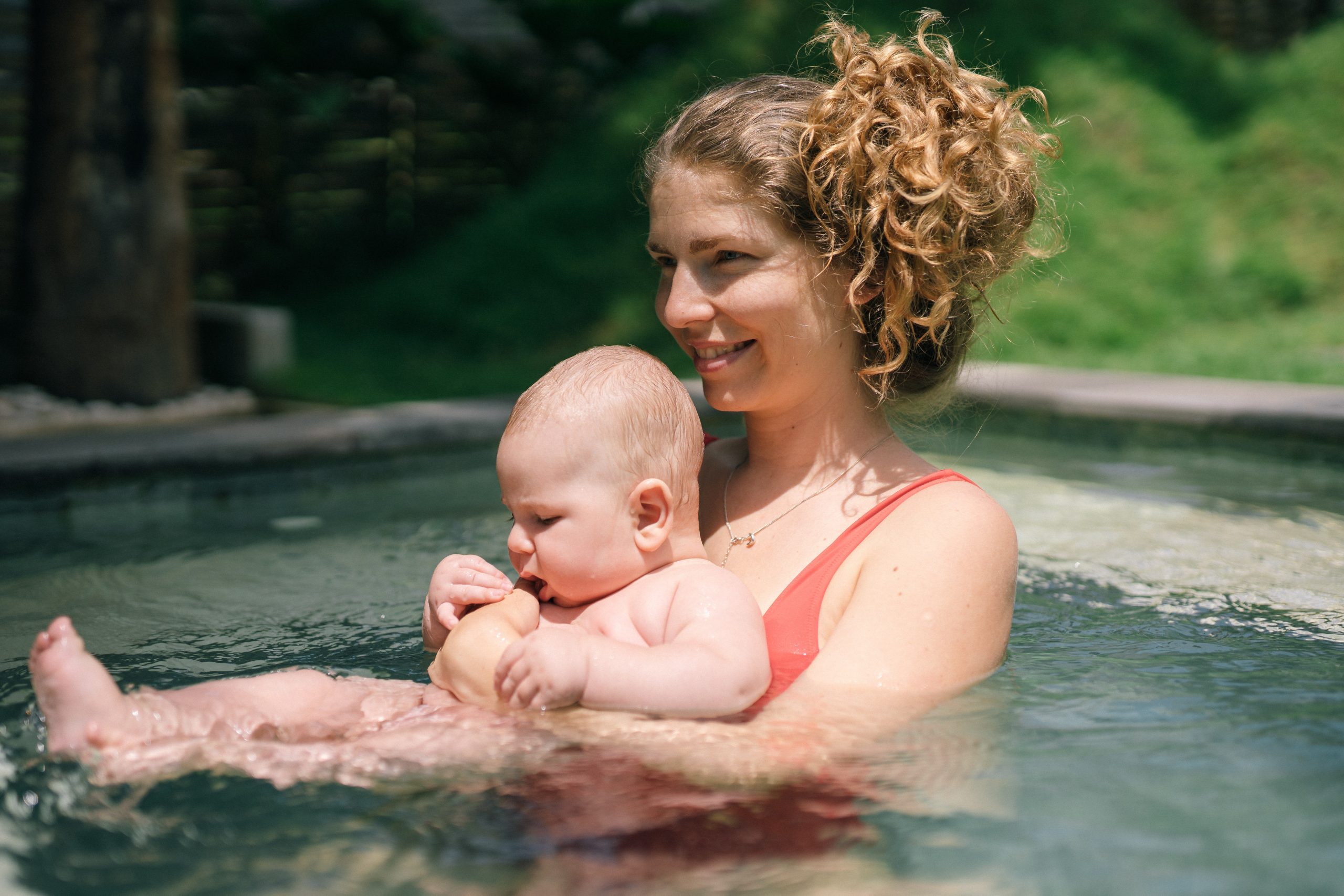
The American Academy of Pediatrics recommends avoiding direct sunlight for infants younger than six months. If you and your honey are out and about between 10 a.m. and 4 p.m., try to spend as much time as possible in the shade to avoid overexposure to the sun. The sun's rays are strong enough to harm you even on overcast days.
You can protect your infant from the sun by using an umbrella, a stroller canopy, a hat with a neck flap, and clothing rated UPF 50+ that covers your baby's arms and legs.
Protect your baby's face, neck, feet, ears, and back of hands by applying sunscreen with at least 15 SPF and making sure those regions are well covered. Keep in mind that infants frequently place their hands in their mouths.
To make sure your infant is not allergic to the sunscreen, you should apply it to a tiny area of his or her back first. Apply new sunscreen every two hours or after swimming or sweating heavily.
A cold compress should be used on any sunburnt areas of your baby's skin. In the event of blistering, pain, or a fever, it is important to consult your child's paediatrician or family doctor.
FAQs About Swimming
Because most swimming pools contain harmful chemicals and pose some problems, it is recommended that you wait at least six months before allowing your infant to go swimming.
You can introduce them to a heated pool as early as two months, but initially, you should leave them in for at most 10 minutes at a time. Then, if they start to shiver, bring them out and put them in a towel. Young infants should swim for at most 30 minutes at a time.
No hard and fast rule exists, although most paediatricians and other medical experts agree that infants under six months (or 12 months, according to others) should not be exposed to water environments such as swimming pools. Safe behaviour with water is vital at any age.
Your infant can go swimming at any time, before or after vaccination. It makes no difference if they still need to finish their vaccine schedule. Vaccinations are not without their risks, and some infants develop reactions after receiving them. However, most of these are minor and shouldn't prevent you from introducing your newborn to the water.
Babies often have delicate skin that is far more delicate and thinner than adults. As a consequence of this, individuals may be more prone to experiencing irritation. In addition, the natural oils from the skin and hair can be stripped away by chlorinated water, leaving the skin dry and the hair brittle.
More Safe Swimming Tips
- Get your hands on a CPR certification. Local fire departments, community centres, the American Heart Association, and the Red Cross all offer CPR training courses, some of which focus specifically on infants.
- Swimming is not recommended during a storm. Situations can shift rapidly.
- In no circumstances should a baby be left unattended in or around a swimming pool, whether in the care of another young child or an adult under the influence of drugs or alcohol.
- First, you shouldn't let your baby spend more than 10 minutes in the pool. As soon as you step outside, cover your infant up in a warm blanket or towel. Babies under 12 months of age shouldn't spend more than 30 minutes at a time in the water.
- Fencing at least four feet high and equipped with a lockable child safety gate should surround the pool on all sides (even inflatable pools).
- Avoid luring your child closer to the pool by leaving toys available.
- If your child has diarrhoea, you should not take them swimming. Never take a chance with a wet or a dirty child by not using swim diapers.
- If the pool's drain covers are missing or broken, you shouldn't swim with the baby there. Before getting into the pool at any moment, be sure it is secure.
- As soon as you think your infant is ready, sign him up for swimming classes.
- After taking your infant swimming, be sure to give him or her a good bath to remove any chlorine and other chemicals that could irritate or infect the skin.
Conclusion
Scientists believe chlorine in water and air creates chemicals that can harm a baby's maturing lungs and raise the risk of asthma. Swimmers consume water, which may include irritants, which puts their developing lungs at risk of respiratory illnesses. If swimming pool water includes irritants, infants may be at risk since they drink it. Swimming pools disinfect with chlorine. It could have unforeseen repercussions, though.
Pool water pH should match human tears and skin for swimmer comfort. Dry, itchy swimmers have imbalanced pH and chlorine levels. In high quantities, infants and adults can feel discomfort. Saltwater pools are safe for sensitive-skinned babies. However, babies struggle to stay warm.
Never place a baby in a hot tub or pool with water over 86 degrees. A youngster can drown in one inch of water. Drowning, the leading cause of accidental mortality in children aged 1–4, is especially dangerous for 12-36-month-olds (reliable source). The American Academy of Pediatrics recommends shade for infants under six months old. To protect your infant from the sun, use an umbrella, a stroller with a canopy, a hat with a neck flap, and UPF 50+ clothes. CAUTION: Do not enter the pool if the drain covers are missing or broken or if flooding is possible.
Content Summary
- Keep reading to discover what risks your infant can face in the water and what you can do to ensure their safety while you enjoy yourself.
- There are probably a lot of concerns and questions concerning chlorine and babies if you have one who is itching to go swimming.
- But one that keeps coming up is whether or not chlorine is safe for infants.
- While your older kids are probably going to swim till their fingers look like prunes, you might be concerned about the safety of the pool water for your newborn.
- However, a study published in the Journal of the American Academy of Pediatrics found that in addition to being unpleasant to the nose, chlorine also irritates the skin and upper respiratory tract of infants, increasing their risk of developing rashes, asthma, bronchiolitis, and other respiratory infections.
- These byproducts are more prevalent in enclosed pools than in open-air ones.
- Because their lungs are still maturing, infants may be at a higher risk because they frequently ingest irritant-laden water while swimming.
- If you want to take your infant swimming indoors and are worried about their asthma, look for a facility with good ventilation.
- This plan is risk-free.
- These are also the primary contributors to the familiar "chlorine smell" associated with indoor swimming pools.
- Although it's impossible to avoid, swimming pools with overpowering chlorine odours are best avoided.
- Swimmers' problems with dry, itchy skin are usually caused by an imbalance between the pool's pH and chlorine levels.
- Waterproofing baby pools There are a few things to keep in mind before exposing your child to a swimming pool or the outdoors for the first time, the most important of which is sunscreen.
- Children under six months should not be exposed to the sun for extended periods, and sunscreen should not be used on them.
- Saltwater pools are ideal for accommodating babies with delicate skin.
- Water temperature is another factor to consider when swimming with young children.
- Before letting young kids jump right in, be sure the water's temperature is appropriate.
- Swimming diapers are adorable, no doubt about it.
- Furthermore, they are crucial to swimming with your infant securely and safely.
- Another reason to keep your infant away from the pool is the risk of recreational water disease.
- Don't go swimming in the deep end; stick to the shallow end or another part of the pool in which you can easily reach the floor.
- It would help if you never left your newborn or any other young child unattended in or around a swimming pool.
- It would help if you kept your infant close to the water so you could reach out and touch them quickly.
- Minimise the number of times you have to bring your slippery little swimmer in and out of the pool by keeping your towels, phone, and any other stuff you might desire within arm's reach.
- It's important to keep your baby within arm's reach as they enjoy this weightless, unrestricted activity, no matter what methods you choose to keep your youngster floating.
- To ensure your child's safety around water, enrol them in swim classes as soon as they are developmentally appropriate and keep rescue equipment (a shepherd's hook or life preserver) nearby.
- The American Academy of Pediatrics recommends avoiding direct sunlight for infants younger than six months.
- If you and your honey are out and about between 10 a.m. and 4 p.m., try to spend as much time as possible in the shade to avoid overexposure to the sun.
- You can protect your infant from the sun by using an umbrella, a stroller canopy, a hat with a neck flap, and clothing rated UPF 50+ that covers your baby's arms and legs.
- Protect your baby's face, neck, feet, ears, and back of hands by applying sunscreen with at least 15 SPF and making sure those regions are well covered.
- A cold compress should be used on sunburnt areas of your baby's skin.
- In the event of blistering, pain, or a fever, it is important to consult your child's paediatrician or family doctor.
- In no circumstances should a baby be left unattended in or around a swimming pool, whether in the care of another young child or an adult under the influence of drugs or alcohol.
- Cover your infant in a warm blanket or towel as soon as you step outside.
- Avoid luring your child closer to the pool by leaving toys available.
- If your child has diarrhoea, you should not take them swimming.
- You shouldn't swim with the baby if the pool's drain covers are missing or broken.
- Before getting into the pool at any moment, be sure it is secure.
- As soon as you think your infant is ready, sign him up for swimming classes.
- After taking your infant swimming, give them a good bath to remove any chlorine and other chemicals that could irritate or infect the skin.
